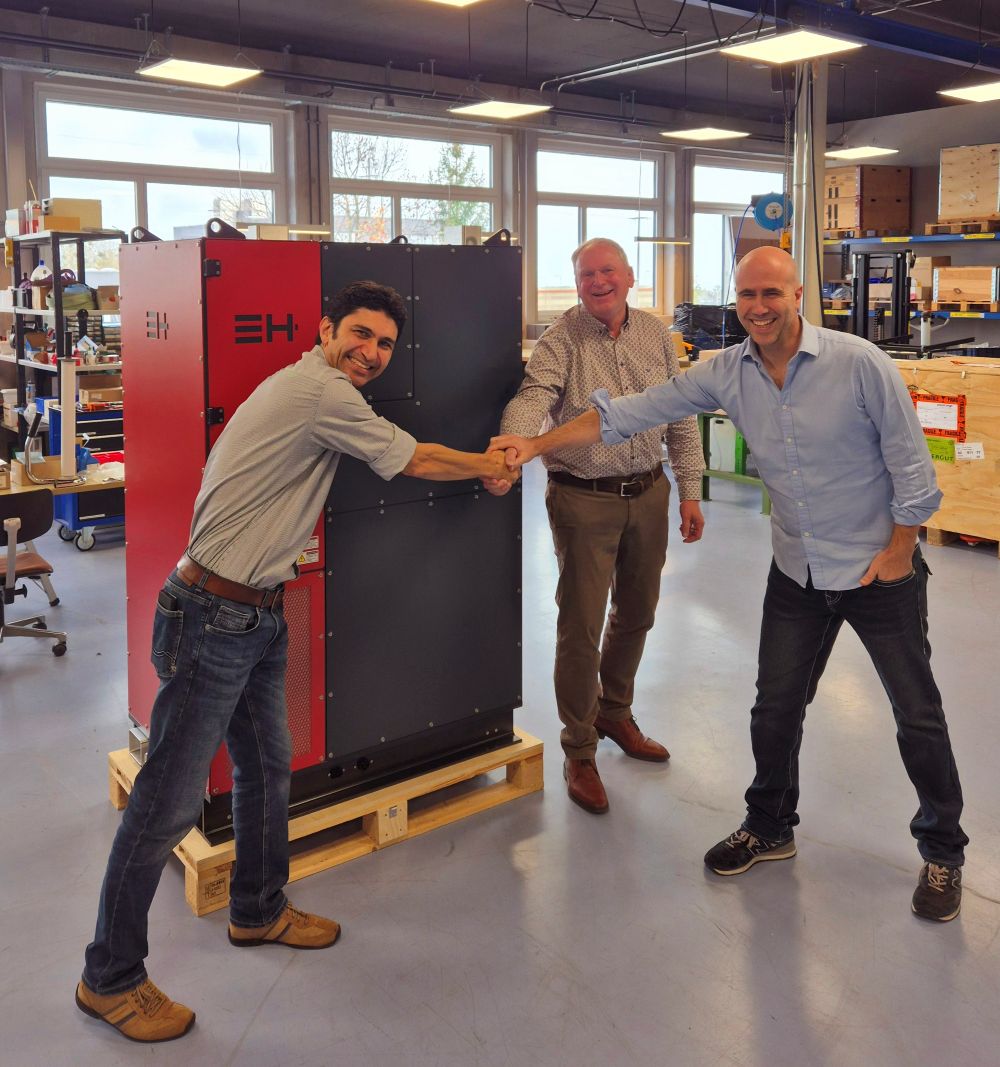Empowering Maritime Sustainability: NIM and EH Group Partner for Hydrogen Fuel Cell Solutions
Key Ideas
- Dutch company NIM and Swiss firm EH Group collaborate to develop hydrogen fuel cell drive trains for maritime vessels.
- The partnership aims to standardize fuel cell systems to meet maritime operational and safety requirements.
- Focus on environmental sustainability and global decarbonization goals in response to the maritime industry's demand for green propulsion alternatives.
- EH Group's TRACE-M250 fuel cell system receives approval for high-power and maritime applications from classification society DNV.
Dutch maritime engineering company NIM and Swiss high-tech firm EH Group have formed a strategic partnership to advance the development and standardization of hydrogen fuel cell drive trains tailored for the maritime industry. Through a memorandum of understanding (MoU), the companies plan to explore and implement hydrogen-based drive trains, focusing on adapting and standardizing fuel cell systems to meet the unique operational and safety requirements of maritime vessels. By combining EH Group’s fuel cell technology with NIM’s expertise in marine system integration, the collaboration aims to accelerate the transition towards sustainable energy solutions in shipping.
The partnership underscores a shared commitment to environmental sustainability and pioneering solutions that align with global decarbonization goals. NIM's CSO, Marc Freriks, emphasized the significance of the collaboration in driving the shift towards sustainable energy management applications on vessels. EH Group Founder Mardit Matian highlighted the need for disruptive decarbonization in the maritime sector and the importance of combining strong technology solutions with sector experience and integration capabilities.
In early 2024, EH Group received approval in principle (AiP) from classification society DNV for its TRACE-M250 fuel cell system designed for high-power and maritime applications. This approval marks a significant milestone in the journey towards deploying marine fuel cell systems across a diverse range of vessels, contributing to the industry's transition to green propulsion alternatives.
